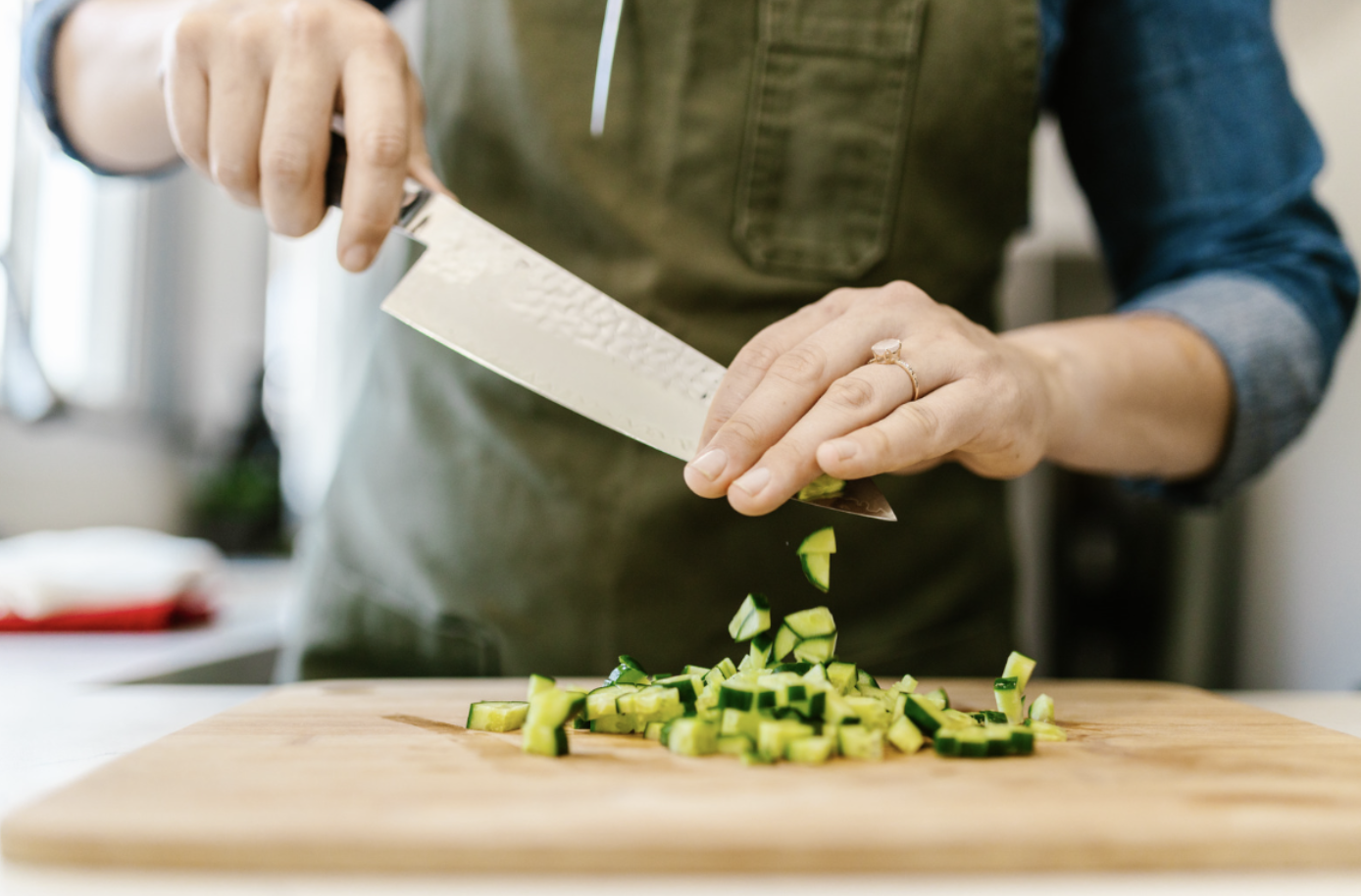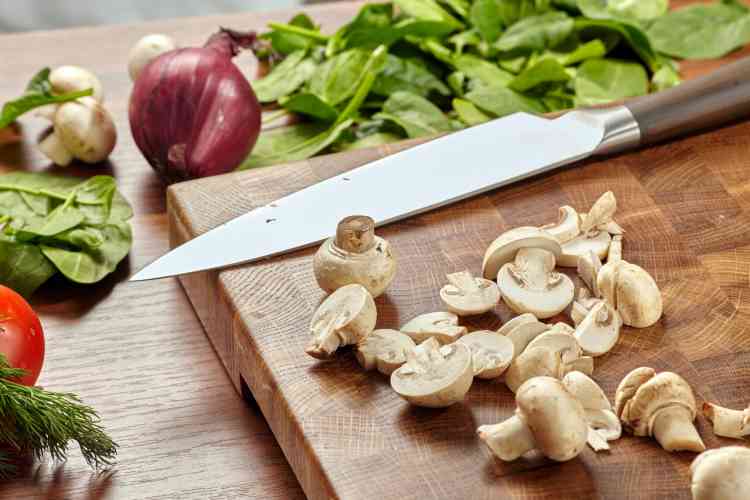When it comes to culinary craftsmanship, the choice between German vs Chinese knives can be daunting for many kitchen professionals. Both types of knives offer unique benefits, and understanding these can significantly enhance your cooking experience.
In this comprehensive guide, we will explore the differences, advantages, and potential drawbacks of both German and Chinese knives, helping you make an informed decision. Let's dive into the world of knives and uncover which might be the best fit for your culinary needs.

Understanding the Basics: German Knives
German knives are renowned for their precision and durability. Originating from regions like Solingen, often referred to as the 'City of Blades,' these knives are made with high-carbon stainless steel, offering robustness and resistance to rust and corrosion. One of the standout features of German knives is their full-tang construction, meaning the blade extends through the handle, providing superior balance and strength.
German knives are typically heavier, making them ideal for tasks that require more force, such as chopping through bones. Their blades are often curved, allowing for a rocking motion during chopping, which many chefs prefer for its efficiency.
Exploring Chinese Knives
In contrast, Chinese knives, particularly the Chinese cleaver, are often lighter and more versatile. These knives are made from a variety of materials, including stainless steel and carbon steel, and are known for their broad, rectangular blades. This design allows for a wide range of uses, from slicing to mincing, and even scooping ingredients off the cutting board.
The versatility of Chinese knives makes them a favorite in kitchens around the world. Their lighter weight reduces fatigue during extended use, and the flat blade is perfect for precision slicing and dicing.
Key Differences in Design and Function
The primary difference between German vs Chinese knives is their design and intended use. German knives are usually heavier with a thicker blade, designed for durability and strength. This makes them suitable for tough tasks like breaking down large cuts of meat.
On the other hand, Chinese knives, with their lighter build and broad blade, excel in versatility. They can be used for a variety of tasks, from fine chopping to delicate slicing, and are particularly useful in a fast-paced kitchen environment.
Which Knife is Right for You?
Choosing between German and Chinese knives depends largely on your cooking style and the tasks you perform most frequently in the kitchen. If you're looking for a knife that can handle heavy-duty tasks and provide long-lasting durability, a German knife might be your best bet. For those who prioritize versatility and ease of use, particularly in a busy kitchen, a Chinese knife could be more suitable.
For more insights on German knife brands and how they compare, you might want to explore German knife brands comparison. Understanding the nuances of each brand can further guide your decision.
Maintenance and Care Tips
Proper maintenance is crucial for both German and Chinese knives to ensure longevity and performance. Regular sharpening and careful cleaning will keep your knives in top condition.
For detailed care tips, check out this guide on how to clean your Wusthof knives. It's essential to follow manufacturer recommendations for cleaning and storage to avoid damage and maintain the blade's integrity.
Conclusion
Ultimately, the choice between German vs Chinese knives comes down to personal preference and the specific needs of your kitchen. By understanding the strengths and characteristics of each, you can select a tool that enhances your culinary skills and complements your cooking style.
For further reading on knife care, consider visiting Zwilling's knife care guide. Keeping your knives in excellent condition not only improves performance but also extends their lifespan.

FAQs
What are the main differences between German and Chinese knives?
German knives are heavier and designed for durability, while Chinese knives are lighter and more versatile. Each has its unique advantages depending on the culinary task.
Which type of knife is easier to maintain?
Both types require regular maintenance, such as sharpening and proper cleaning. However, the specific care routine may vary based on the material and design of the knife.
Can I use German knives for all kitchen tasks?
While German knives are versatile, they are best suited for tasks that require more force. For detailed slicing or lighter tasks, a Chinese knife might be more appropriate.


























